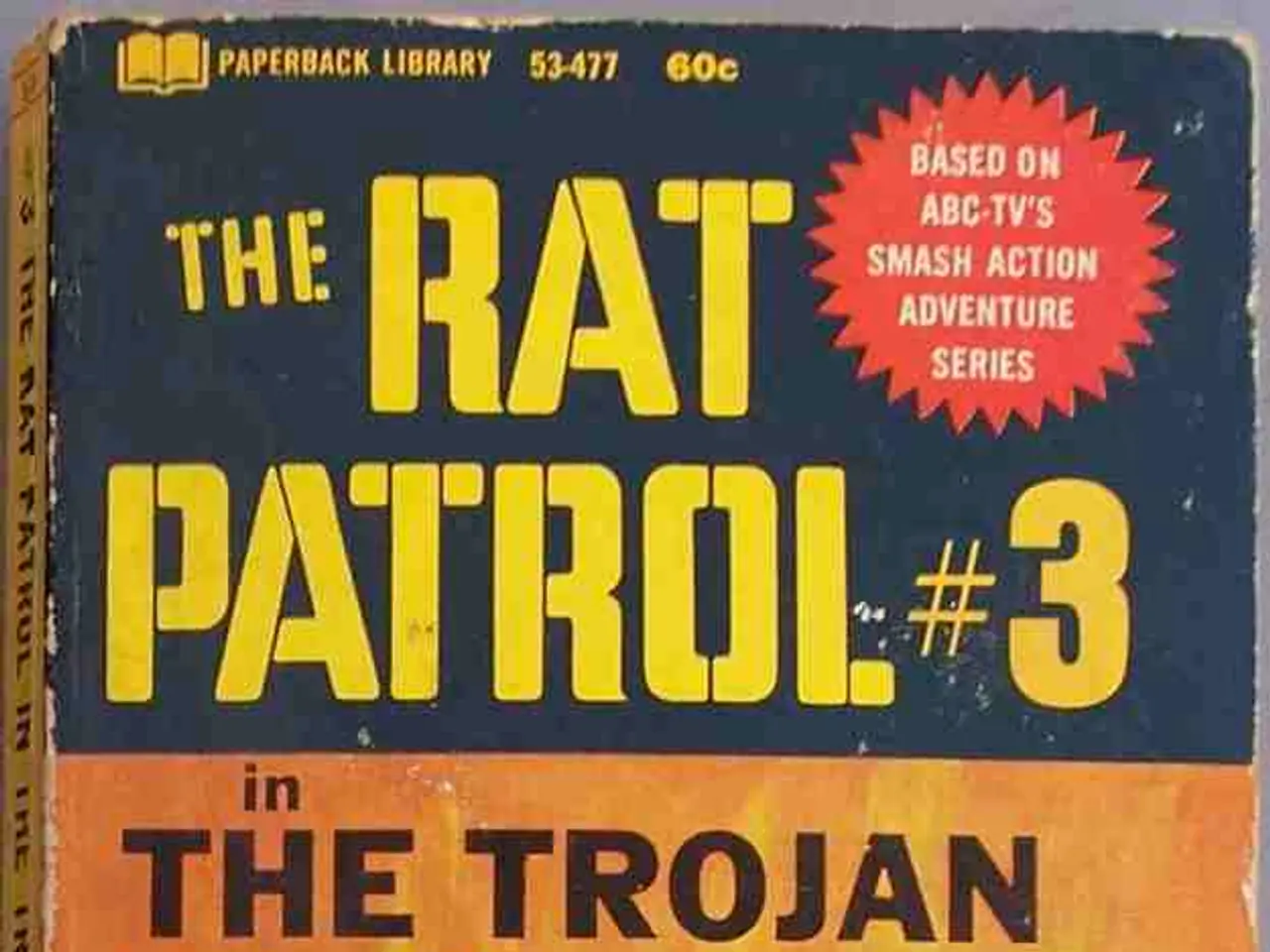"Sheinbaum de-escalates tensions: Trump directs US military against cartels, but Sheinbaum assures no invasion planned"
U.S. Prepares Military Options Against Drug Cartels Deemed Terrorist Organizations
In a significant move, President Donald Trump has signed an executive order directing the Pentagon to prepare options for possible military action against Latin American drug cartels, which have been designated as foreign terrorist organizations (FTOs) by the U.S. government [1][2][3]. This order reflects a significant escalation in U.S. efforts to combat illicit drug trafficking, with a particular focus on stopping fentanyl and other drugs from entering the United States [2][3].
The targeted groups include major Mexican cartels, such as the Sinaloa Cartel, Jalisco New Generation Cartel, Cartel del Noreste, Gulf Cartel, and Nueva Familia Michoacana, as well as others like the Venezuela-based Tren de Aragua and gangs such as MS-13 from El Salvador [1][2][4]. The military options being prepared reportedly involve special forces operations, intelligence support, and precision targeting [2].
The administration has designated these cartels as foreign terrorist organizations, a move intended to enable more aggressive actions, including sanctions and potential military operations [1][2][3]. Despite Mexico's official refusals, the U.S. has already deployed military personnel, including thousands of National Guard troops, along the border and in certain cities like Los Angeles to assist with immigration enforcement and drug interdiction [3][4].
Mexican President Claudia Sheinbaum firmly rejected any U.S. military intervention on Mexican soil, emphasizing that the executive order applies only to U.S. territory and that the U.S. will not invade or deploy troops in Mexico [1][2][4]. However, the directive was reported to focus on actions using U.S. military assets, potentially including drone strikes or precision military efforts against cartel leadership and infrastructure, while intelligence sharing and cooperation with Mexico are also in negotiation [2][4].
Potential implications include an expansion of U.S. military involvement beyond traditional borders focused on drug cartels deemed threats to U.S. national security. This could lead to increased tension between the U.S. and Mexico regarding sovereignty and military cooperation. There may also be legal and diplomatic challenges over the legality of using military force against non-state actors in foreign countries [1][2][4][5].
The directive's scope remains constrained by diplomatic considerations and legal questions. Sheinbaum suggested she had not seen the directive when pressed to explain if the reporting was inaccurate. The U.S. Defense Department declined to comment on the directive, and the Pentagon referred questions to the White House [1][2][4]. Civil rights groups have expressed concerns that designating suspected cartel and gang members, as well as their relatives, as terrorists will drastically expand the number of people on the watch list [1].
In summary, the executive order directs the Pentagon to prepare military options against foreign drug cartels designated as terrorist organizations, focusing largely on Latin America and Mexico. It signals a new, more aggressive U.S. approach to the drug war, though the scope of actual military operations, particularly within Mexico, remains constrained by diplomatic considerations and legal questions [1][2][4][5].
- The U.S. military options against drug cartels, now deemed terrorist organizations, also involve potential involvement in war-and-conflicts and crime-and-justice within the general-news landscape.
- As a result of these military preparations, politics surrounding policy-and-legislation regarding travel and immigration are expected to be further complicated, given the North-South border context.
- Hypothetical military action against these cartels could lead to news about war-and-conflicts escalating, particularly in regions previously associated with cartels, such as Mexico and Venezuela.
- This new U.S. approach to the drug war has sparked controversy and concern among civil rights groups, as non-state actors in crime-and-justice, namely cartel members and their families, will face unprecedented scrutiny and possible consequences.







